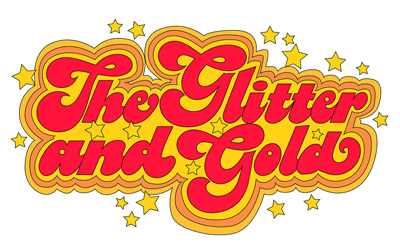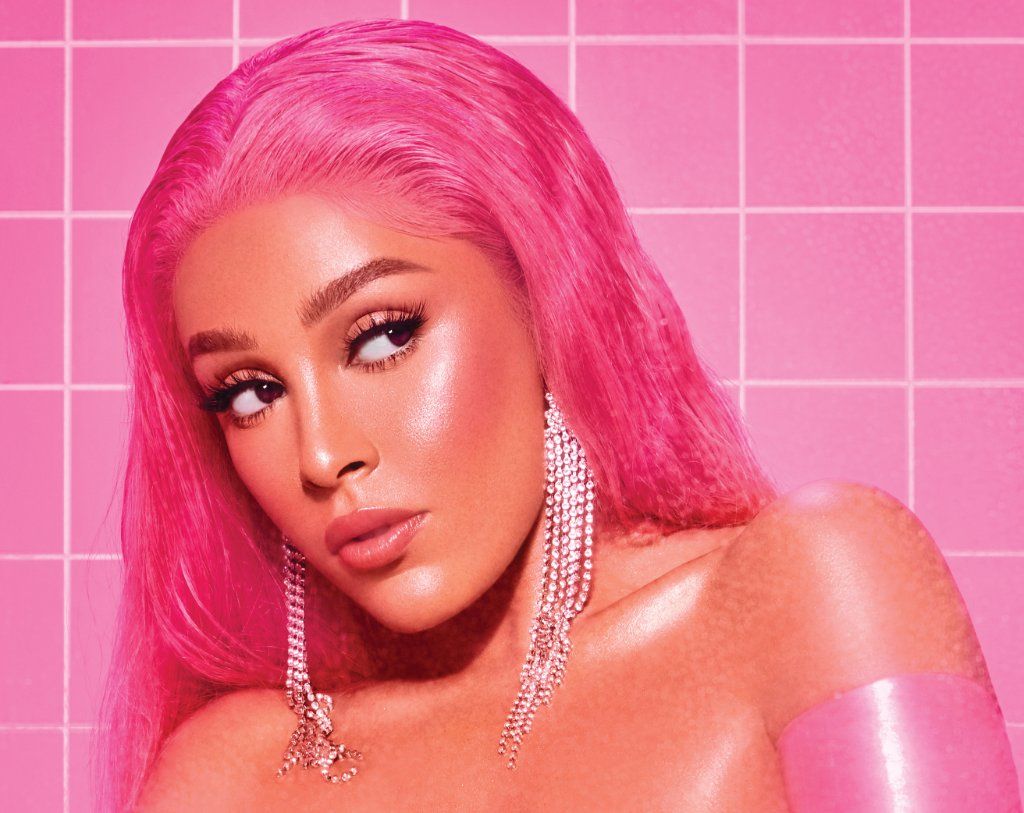Few labels in modern music carry a heavier stigma than “industry plant.” The expression, which first appeared on music forums in 2012, has become widely popular in recent years. It commonly refers to an artist with corporate or family backing who presents their rise to fame as being wholly the result of their individual hard work, talent, and genuine connection with fans.
The expression often implies an artist’s sound and image are not their own. Instead, they have been manufactured by others. This said it can equally apply to those who rise to fame before they have properly “paid their dues.”
Many prominent artists are accused of being industry plants. The most famous amongst them include Lizzo, Drake, Chance the Rapper, Kanye West, and Post Malone. Even Eminem, whose career is older than the expression itself, is not immune to accusations his fame was manufactured.
Why is the term “industry plant” so popular?
The term industry plant has arisen as the result of the genuine anxieties of many young people. Music fans, particularly those in Generation Z, are wary of inauthentic artists. Those born after 1997 have grown up in a brand-saturated social media environment.
As impressionable young fans seeking a genuine connection with artists they admire, many have been exploited. Now reaching maturity, they are reluctant to make the same mistakes twice. With the lines between musicians and brands increasingly blurring, they find themselves faced with many difficult choices.
Beth Davis, an Australian university student music fan in her early 20s, affirms this. “Younger people are wary because of their past experience,” she shares. “They grew up with bands they loved that turned out to be fake. They are worried real bands are dying. Artists are becoming the product of money or a corporation.”

One Direction were not a real rock band. Sorry!
Industry plants on TikTok
In April this year, a viral TikTok video from pop-punk girl group Tramps Stamps met widespread backlash. With brightly colored hair and cliched lyrical slogans, the Nashville-based band was quickly disregarded as the product of corporate interests. The image and sound of the group, many believed, could only have been contrived by an older generation intent of exploiting TikTok’s Alt-girl image. In a matter of hours, Tramp Stamps became the most hated band on the internet.
Is Billie Eilish an industry plant?
For many, labeling an act as an industry plant is a forgone conclusion. Even with evidence of corporate involvement or family connections the line is not always so clearly drawn as to who is and who is not a plant. One example of an artist who challenges the industry plant narrative is Billie Eilish.
Is Billie Eilish an industry plant? Many think so. The teen pop star has dominated popular music since the release of the blockbuster 2019 album When We Fall Asleep, Where Do We Go? Her rise to pop superstar status was without question one of the quickest in recent memory. Even many longtime fans were taken by surprise.
Yet someone judging Billie Eilish’s from media headlines and multiplatinum sales figures alone would be surprised to learn her music is lo-fi, self-produced, and recorded mostly in her bedroom. An indie artist with a pop star’s reputation, Eilish embodies a rebellious attitude and a moody adolescent aesthetic. As the popularity of her baggy style outfits attests, she has created an entire subculture around her image.
Many internet sleuths, of course, suspect a rat. Conspiracy theorists, jealous musicians, and angry men alike have banded together to challenge Eilish’s authenticity. Their dislike of Eilish, they say, is more than a matter of personal preference. Many believe to have found evidence Eilish is an industry plant.
Billie Eilish poses for an Amazon Music promotional image.
Some claim Eilish’s parents paid her way
Key amongst their allegations against Eilish is that parents Maggie Baird and Patrick O’Connell used behind-the-scenes connections made as successful Hollywood actors to make her a star. Outraged, brother Finneas Baird O’Connell came to Eilish’s defense in February 2020. Finneas, who also co-produces Eilish’s records, responded to several statements on Twitter.
In doing so he noted that while both parents were successful actors they lacked the money or clout to manufacture Eilish’s remarkable success. Furthermore, he revealed that prior to Eilish’s rise to fame both struggled to pay their bills. Maggie, he revealed, had to take up teaching. Patrick had a side career in construction work. Finneas also revealed he and his sister now paid their parents a salary and had recently settled the mortgage on their family home.
Nobody does it alone
Some artists do this by building crucial connections over the course of many years. Others “get lucky” and are discovered by chance. This is beside the point. Lasting success does not come from wealth or backing. The only way to secure long-term success is to write good songs, have a killer live act, and to keep on grinding.
Nobody does it alone. The truth of the matter is that any artist who finds success will arrive at a point where it is no longer possible to do it all themselves. By the time many reach the top of the charts, there is a small but small army of people working to keep them there.
Does the platform and expertise offered by a major label early in her career really invalidate Eilish’s authenticity? Absolutely not. Did the fact her parents were known around Hollywood to provide her a shortcut? Ask the some 90,000 artists living in Las Angeles who are not superstars if their parent’s career’s helped them.
Billie Eilish is as genuine as they come
When it comes to her work Eilish is genuine as they come. Her home-produced bedroom pop is revolutionizing the way artists can write and control music. Unlike acts such as Tramp Stamps, Eilish refuses to be led by the tastes of others.
Billie’s music carries with it creative and innovative production, a unique attitude, and a personality that draws listeners to her more than any secret relationship ever could. It is the confidence to be herself and express this through music that connects with millions. Industry assistance or no, this is something no artist can buy.

Billie Eilish models Happier Than Ever merchandise.
Art is subjective, get over it
In short, don’t let the ideas of the industry plant pull you away from the art itself. At the end of the day, it is not a record label, manager, family, radio station, Spotify Playlist or corporate conglomerate that makes someone famous. Yes, they can all boost an artist’s reputation, but rarely are they pushing something that is not already there. Ultimately, however, an artist has it or they don’t. If their music is great and they have a loyal fanbase, they have a career.
If they do not, they either never get off the ground or quickly fade away. What is more, if the artist is doing something honest, it will last. Lies are temporary things. Plant or not those who are not giving their audience something genuine do not last.
Art is, also, subjective. You can like it or not like it. This does not mean the work of the artist is invalid. There is no grand conspiracy. It’s simply not for you. If you enjoy it? There’s no need to stop consuming it.

Stop criticizing and start living: Final thoughts on Billie Eilish and industry plants
Let us come back to the concept of the “industry plant.” What is truly remarkable about the phenomenon is the unwillingness of those making such accusations to ever provide rational evidence. Status as an industry plant is more a matter of opinion than fact. Usually, the opinion is ill-informed.
Furthermore, there is a huge disparity between the use of the phrase “industry plant” by those within the music industry and those outside of it. This owes much to the term’s origin on internet message boards. Which may say more about the insecurities and unfulfilled desires of industry plant conspiracists than the careers of artists themselves.
his dismissal is based on envy and personal unhappiness rather than any objective standard. “I think therefore I am,” Billie Eilish sings on the 2020 single of the same name. Critics would do well to do the same.











